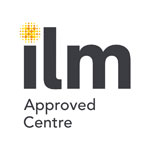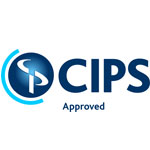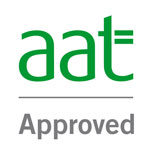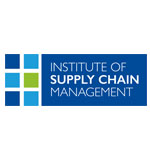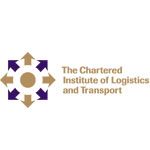Ofqual Regulated Qualifications
Regulated qualifications are reviewed, recognised and monitored by regulatory bodies in order to make sure that they meet specific criteria and quality standards.
DLC Training is regulated by The Office of Qualifications and Examinations Regulation (Ofqual), who are responsible for monitoring professional qualifications in England.
If a qualification is regulated, you can rest assured that it’s achieved a certain standard of quality, which cannot be guaranteed with non-regulated qualifications.
What is Ofqual?
The Office of Qualifications and Examinations Regulations (Ofqual) have the job of ensuring that all exams reliably showcase the knowledge, skills and understanding students have demonstrated and what they’ve achieved.
What do the different course levels mean?
The online courses we offer, from every Institute we’re accredited by, are available in different levels. Most are available from level two to level seven, depending on which distance learning course you choose to study. The levels convey where the qualification sits on the National Qualification Framework (NQF).
The National Qualification framework makes it much easier to compare qualifications provided by different institutes and accrediting bodies, by assigning each course a level. We know it can be slightly confusing, so if you need any advice, get in touch with our Course Advisors. They are highly trained in helping you understand which level is best for you and your career.
How do professional qualifications compare with GCSEs, A Levels or degrees?
To find out how each course level compares with more ‘traditional’ qualifications, such as GCSEs, A-levels and degrees, take a look at our table below:
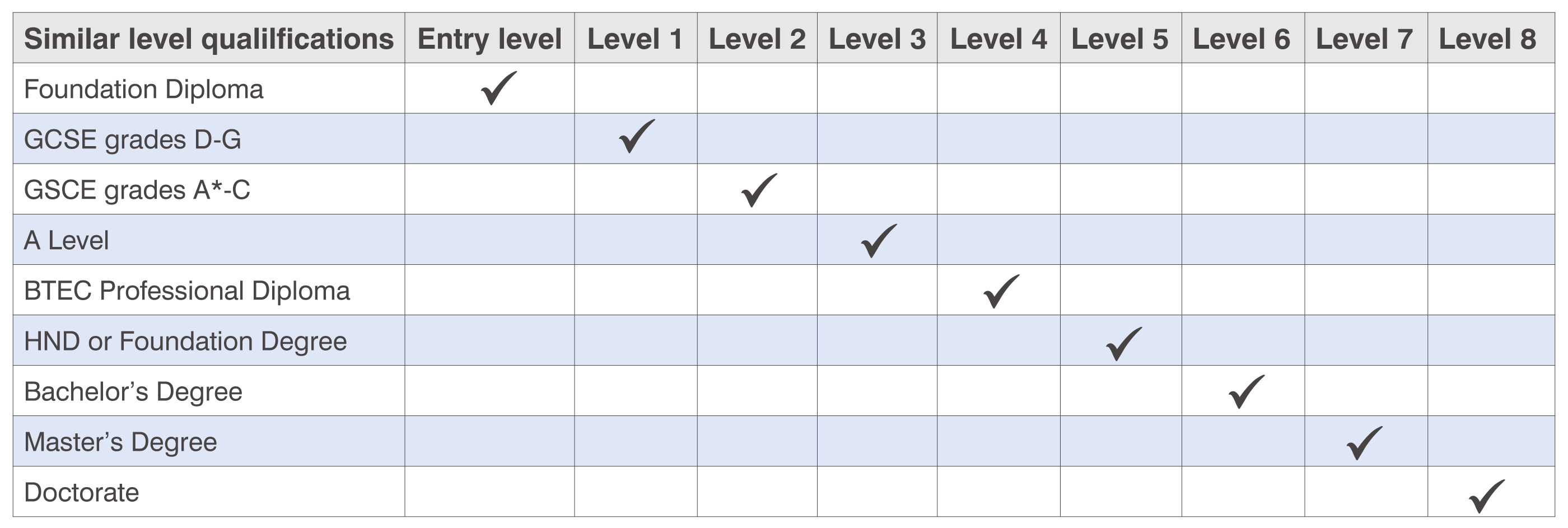
It’s important to remember that this is only a guide, and that NQF levels aren’t always exact. Courses will vary depending on their length and content.
It’s also worth considering that professionally-focused courses such as the Logistics and Supply Chain Management courses here at DLC Training can have a lot of benefits over more traditional qualifications. For instance, our distance learning courses allow you to use your existing work experience as part of your qualification, and offer a practical focus which will be invaluable in your long-term career.
The NQF qualification levels also relate to the job roles which are applicable for each level. Please see the following examples:
- Entry Level: People working at Level 1 have a basic level of knowledge, and are able to complete tasks under direct supervision. This level of qualification is not aimed at specific job roles, but rather at building basic skills.
- Level 1: People working at Level 1 have a basic level of knowledge relating to their profession, working with guidance or under some supervision to complete everyday tasks.
- Level 2: Level 2 represents a good level of knowledge in the student’s chosen area, allowing them to complete a varied range of tasks with some supervision or guidance.
- Level 3: Level 3 represents a range of knowledge and skills, including detailed knowledge of one or more areas. Level 3 corresponds to job roles where students are required to work independently.
- Level 4: People working at Level 4 have specialist or advanced knowledge and skills – Level 4 is aimed at technical or professional job roles, sometimes with supervisory or first line management elements.
- Level 5: People working at Level 5 are involved in complex decision making and problem solving – this is generally in the form of middle managerial roles.
- Level 6: Level 6 moves from gaining knowledge through study to using the student’s original research and ideas to solve problems – Level 6 is aimed at senior managerial and professional roles.
- Level 7: Level 7 represents the use of detailed original research to deal with complex and unpredictable situations, in jobs such as strategic management or directorial roles.
- Level 8: People working at Level 8 are considered leading experts in their field – their role would involve developing new approaches to extend or redefine current knowledge or best practice in their chosen subject area.
To find out more, take a look at our blog post about what course levels mean.
Looking for advice?
If you need to know more, please get in touch with our specialist Course Advisors, and they will provide you with one-to-one personalised guidance. Call today on 0800 0126 770, and we’ll be happy to help you find the course which is right for you.
LEAVE AN ENQUIRY
If you would like further information on any of our courses – get in touch! Our skilled specialists are available to answer your queries on:
Freephone: 0800 012 6770
Email: info@dlctraining.co.uk

